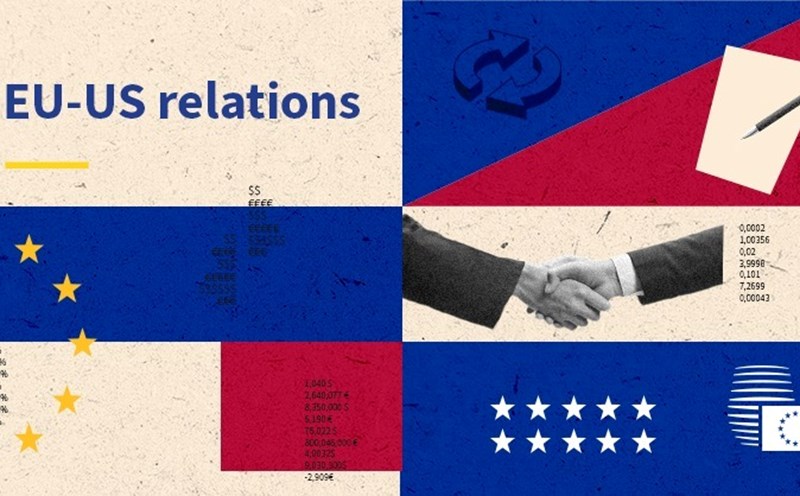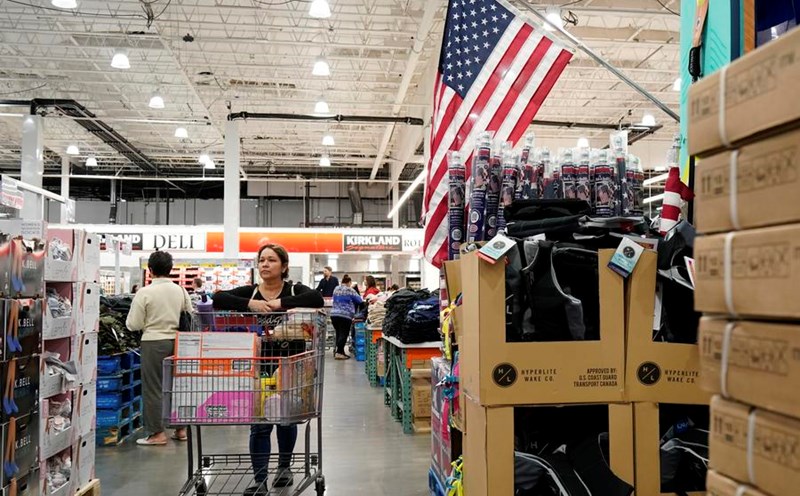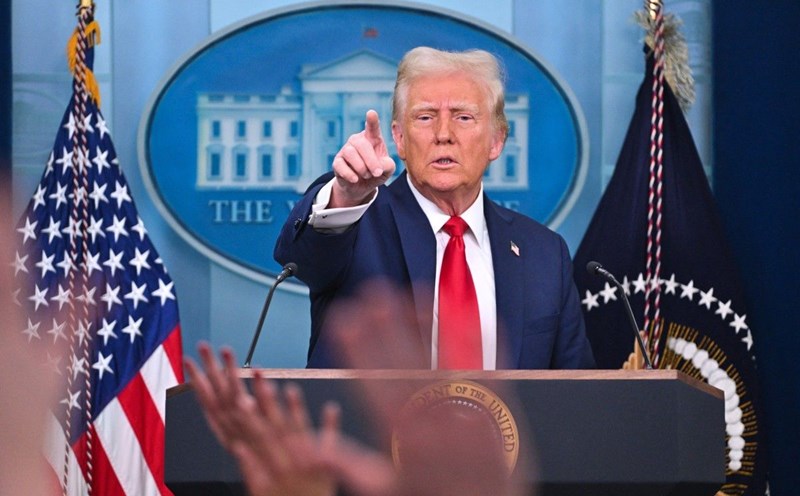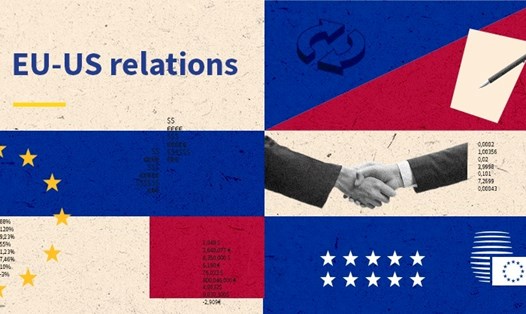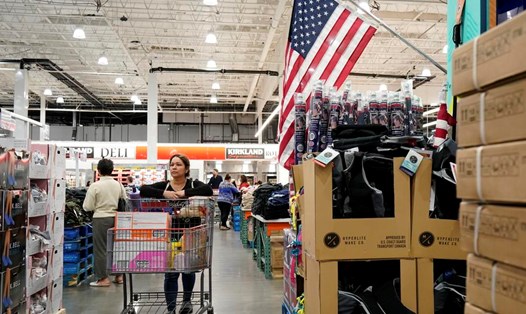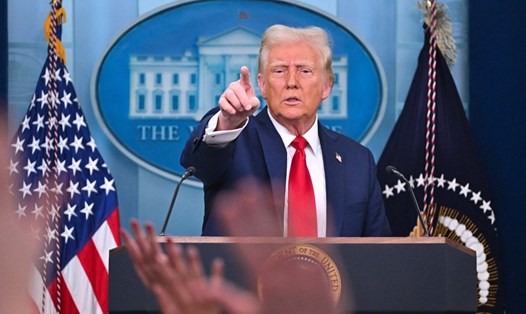Writing in The Atlantic, journalist David Frum pointed out four impacts that the United States may have to bear due to President Donald Trump's tariff policy.
Import tax is also export tax.
Take Modelo beer, for example. Modelo is the best-selling beer in the United States, but it is brewed in Mexico. If President Donald Trump imposes a 25% tariff on Modelo, beer prices will rise, sales will fall, and exports of American barley will fall. Mexico is the largest customer, buying 75% of American barley exports.
While Trump supporters may argue that this will boost domestic beer consumption, the more important issue is the price. As Modelo prices increase, American brewers will also raise prices to maximize profits. American consumers do not have unlimited budgets, so they have to cut back on other items, and this leads to a decline in sales for other export industries.
Every product is an input.
Consider the impact of tariffs on industries we don’t see directly. For example, Vitro, North America’s largest manufacturer of industrial glass, is based in Mexico. As glass prices rise due to tariffs, so do apartment building prices, driving up housing prices.
Likewise, aluminum tariffs don’t just affect soda cans; they also increase the cost of air travel. More expensive planes mean higher airfares, but passengers don’t know the real reason. They may blame airline greed, when the real culprit is the Trump administration’s tariffs.
Multinational corporations can manage to find alternative suppliers from other countries. But for small companies, this is nearly impossible. One American outdoor engine manufacturer with just 5,000 employees was forced to lay off more than 25% of its workforce because it could not easily find a replacement supplier outside of China.
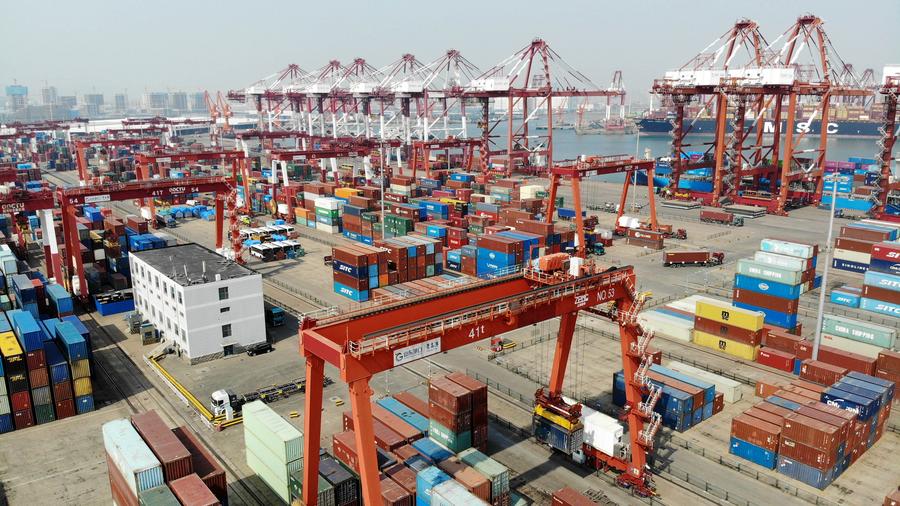
When production costs increase, businesses are forced to increase selling prices, leading to reduced competitiveness and narrowing the market.
America breaks the global trading system
While the tariffs imposed by President Donald Trump may violate international trade agreements, that doesn’t matter because the US stopped following those rules long ago. So litigation won’t change this tariff policy, and don’t expect to get rid of tariffs through litigation.
For example, in 2018, the Trump administration imposed tariffs on imported steel and aluminum. Affected countries took the case to the World Trade Organization (WTO). More than four years later, in December 2022, the WTO ruled that the US had broken the law by imposing tariffs on imported steel and aluminum, but the Biden administration ignored the ruling.
The US also destroyed the dispute settlement mechanisms in the North American Free Trade Agreement (NAFTA) by not appointing judges.
Long-term consequences: America loses the world's trust
According to The Atlantic, Americans may not remember their past actions, but others do.
While the US once built allies and led the global economy, President Donald Trump is causing countries to see the US as a threat.
Mexico and Canada may have no choice and end up having to endure whatever the US imposes on them, since they cannot move, but other countries have more choices and may gradually move away from the US.
“America First” could very well become “America Alone” in a changing world, concludes writer David Frum.

